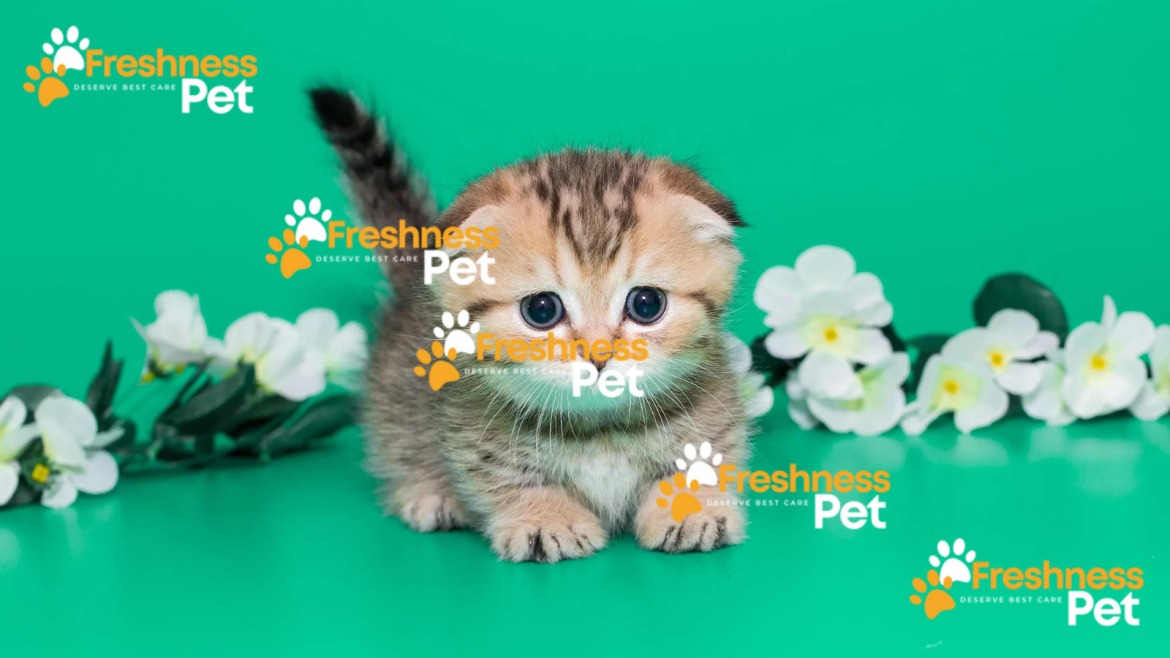The Munchkin cat is one of the cutest cat breeds people might meet, as it boasts short legs and rather an appealing look. Developed in the USA these cats are mid-sized, they have a heavy coat and the coat varies in color and pattern, there is also a long coated cat. Welcome to the world of munchkin cats , in this article you will know more about their features and personality, diet, and how to take care of the munchkin cat.
Appearance and Physical Traits
Munchkin cats have a moderate body and head shape. Their thick, plush coat can be short or long and comes in a variety of colors and patterns. The most distinctive feature of the Munchkin cat is its short legs, a result of a genetic mutation. This gives them a long, low appearance, which is both charming and unique.
Lifespan and Weight
These adorable cats usually live between 12 and 15 years and weigh about 2.3 to 4 kilograms. They are not just cute but also friendly and curious, making them wonderful companions.
Coat Colors and Patterns
Munchkin cats can be found in almost any color or pattern, including solid, tabby, calico, and more. This diversity makes each Munchkin cat unique in appearance.
Key Characteristics
Munchkin cats are known for their playful and curious nature. They enjoy games and are quite active despite their short legs. They are sociable and like to be around people, making them dependent on human interaction. These cats are slightly talkative and have an average build. They require grooming once a week and are best suited for indoor living.
Personality
Munchkin cats have a distinct movement style due to their short legs. They may appear wriggly and rolling but can still jump and move around well. They are curious, intelligent, friendly, and playful. Munchkins enjoy being handled and spending time on laps. They also love chasing and hunting toys, showing off their playful side.
Vet Rating
Family-friendly: 2/5
Playfulness: 4/5
Intelligence: 5/5
Likes Other Pets: 5/5
Grooming Needs: 4/5
Shedding: 3/5
History and Origins
The Munchkin cat originated in the USA. The mutation responsible for their short legs was first spotted in a litter of stray kittens in 1983. Although short-legged cats had been noted since the 1940s, this was the first time such kittens were intentionally bred to maintain the short-legged trait. Their status as a pedigree cat is controversial, with few cat registry associations recognizing them. Some believe the short-legged gene can lead to health problems, such as lordosis (curvature of the spine) and intervertebral disc disease (IVDD), leading to divided opinions on whether these cats should be intentionally bred.
Indoors or Outdoors?
Munchkin cats should be kept indoors or in a home with a secure cat-run. Their short legs and long backs make them ill-equipped for outdoor life, as they are prone to back injuries and other health issues.
Enrichment and Specific Needs
Despite their short legs, Munchkin cats can jump and climb to some extent. However, it’s essential to provide steps and ramps to help them reach vantage points safely. They enjoy hunting games with toys and food-dispensing toys that mimic hunting behavior.
Nutrition and Feeding
Every cat is unique in its food preferences and needs. Cats are carnivores and require 41 different nutrients from their food. The proportion of these nutrients varies with age, lifestyle, and health. For example, an energetic kitten needs a different nutrient balance than a less active senior cat. It’s essential to feed the right amount to maintain an ideal body condition and cater to individual preferences regarding wet or dry food. Refer to cat feeding guidelines for more information.
Grooming Needs
Munchkin cats may struggle to groom all parts of their body due to their short legs. Therefore, a weekly or bi-weekly grooming session is beneficial. Long-coated Munchkins need daily grooming to prevent mats and tangles. A greasy coat can indicate poor health, so watch for changes in grooming behavior. Regular vaccinations, parasite control, and annual veterinary checks are essential.
Suitability for Family Life
The Munchkin is a specialist cat requiring an owner who is home most of the time. They need a home designed around their inability to jump and their sensitive backs. A calm environment without very young or boisterous children is ideal for them.
Last Words
Munchkin cats are amazing and beautiful pets characterized by funny-spiritedness. They need some special attention but are able to adapt to the environment if they are placed under the right conditions. Before thinking about owning a Munchkin cat, one should know all the requirements of these cats and provide a proper environment for the cats so that they can be happy.



